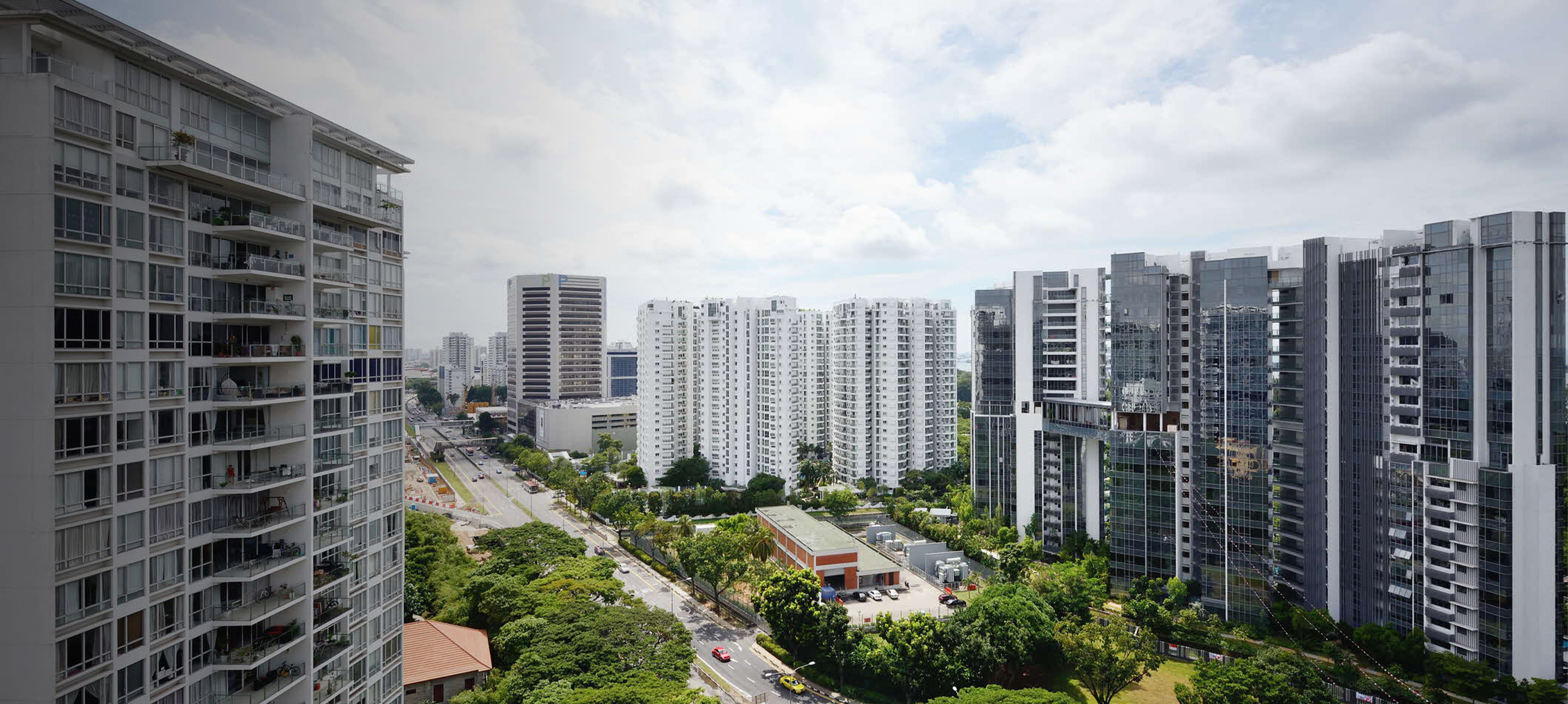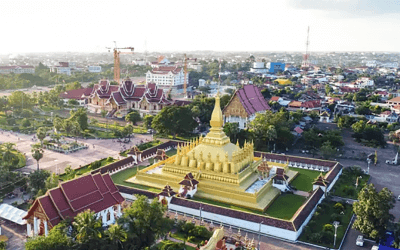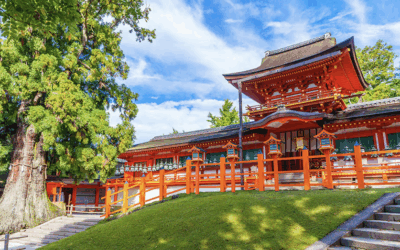Singapore’s real estate market is one of the world’s most dynamic – and expensive!
However, navigating the intricacies of property ownership in the city-state can be daunting, particularly for foreign buyers unfamiliar with its legal and regulatory framework.
One critical aspect of owning a house or condo in Singapore is understanding the property title deed.
In this guide, we’ll explore what property title deeds in Singapore entail, the types of deeds available, the process of verification, and the legal implications for both local and foreign investors.
Whether you’re purchasing your first property or expanding your portfolio, this guide will help you make informed decisions and avoid costly pitfalls.
What is a Property Title Deed?
A property title deed is a legal document that serves as proof of ownership for a specific property.
It outlines the rights and responsibilities of the owner, including the ability to sell, lease, or transfer the property.
Here in Singapore, the deed is a critical document in any real estate transaction. It ensures the legitimacy of ownership and protecting the buyer’s interests.
The Strata Title Deed
In Singapore, most residential properties, such as condos and apartments, fall under the Strata Title Deed.
This type of deed allows for individual ownership of a specific unit within a larger property, while also granting shared ownership of common areas like swimming pools, gyms, and gardens.
The Strata Title Deed is distinct from other types of property ownership, such as leasehold and freehold titles:
- Leasehold Title: Ownership is granted for a fixed term, typically 99 or 999 years, after which the property reverts to the state.
- Freehold Title: Ownership is permanent and does not expire.
- Strata Title: Combines individual ownership of a unit with shared ownership of common property.
Holding a Strata Title Deed grants the owner the right to sell, lease, or transfer their unit.
However, it also comes with its own responsibilities, such as adhering to the rules set by the management corporation (MCST) that oversees the property’s common areas.
Why Are Property Title Deeds Important?
Property title deeds are crucial for several reasons:
- Proof of Ownership: The title deed is the ultimate proof that you legally own the property.
- Legal Protection: It protects the owner’s rights and ensures that the property is free from encumbrances, such as unpaid debts or legal disputes.
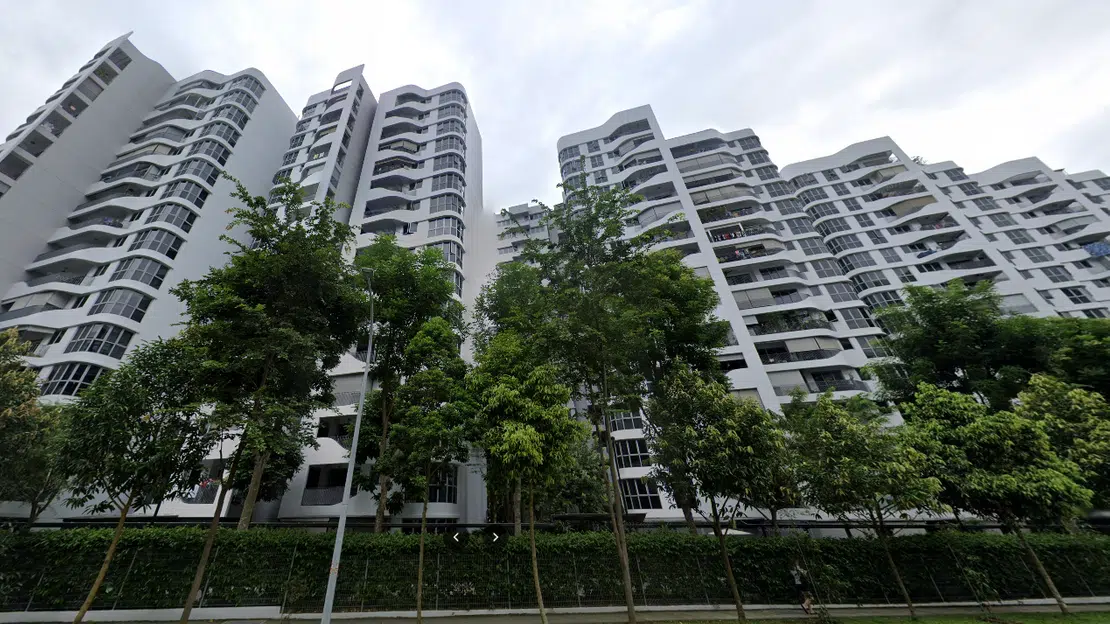
In Singapore, the majority of title deeds are the Strata Title Deed. This type of deeds consists of ownership for an individual unit and shared ownership for common areas of the property.
- Ease of Transactions: A verified title deed simplifies the process of selling, leasing, or transferring the property.
- Inheritance and Succession: The title deed ensures a smooth transfer of ownership to heirs or beneficiaries.
For foreign investors, understanding the nuances of property title deeds is especially important, as Singapore imposes additional regulations and taxes on foreign ownership.
How to Verify a Property Title Deed in Singapore
Verifying the authenticity of your title deed is a critical step in any real estate transaction.
In Singapore, this process involves working with the Singapore Land Authority (SLA), the government body responsible for maintaining the land registry.
Steps to Verify a Title Deed
- Conduct a Title Search:
The SLA’s Integrated Land Information Service (INLIS) allows you to perform a property title search online. This service provides detailed information about the property, including the current owner’s details, encumbrances, and caveats. Cross-checking this information with the title deed ensures its authenticity.
- Engage a Lawyer:
A conveyancing lawyer is essential for interpreting the information obtained from the SLA and identifying potential legal issues. They can also ensure that the transaction complies with Singapore’s property laws.
- Check for Red Flags:
Be vigilant for discrepancies in the property owner’s name, mismatched property details, or undisclosed encumbrances. If the seller is reluctant to provide the original deed or facilitate a title search, consider it a red flag. Lawyers and realtors can help with this.
- Verify Property Boundaries:
A licensed surveyor can confirm that the property’s measurements and boundaries match those stated in the title deed. Discrepancies can lead to legal disputes and should be resolved before finalizing the purchase.
Types of Property Ownership in Singapore
Understanding the types of property ownership available in Singapore is essential for making an informed investment decision.
Freehold vs. Leasehold
- Freehold Properties: Owners have permanent ownership of the property. These properties are highly sought after but come at a premium price.
- Leasehold Properties: Ownership is granted for a fixed term, after which the property reverts to the state. Leasehold properties are more affordable but come with the risk of depreciation as the lease term nears its end.
Strata-Titled Properties
Strata-titled properties are common in Singapore and include condominiums and apartments.
These properties offer individual ownership of a unit and shared ownership of common areas.
Strata titles are reliable and legally recognized, making them a popular choice for both local and foreign investors.
Updating the Title Deed
After purchasing a property, updating the title deed to reflect the new ownership is a crucial step.
This process is typically handled by a conveyancing lawyer, who will lodge a transfer document with the SLA.
The Process
- Lodge the Transfer Document:
The lawyer submits the transfer document, which includes details of the sale and the new owner’s information, to the SLA.
- Update the Land Registry:
The SLA updates the land registry to reflect the new ownership. This process usually takes a few weeks to a month.
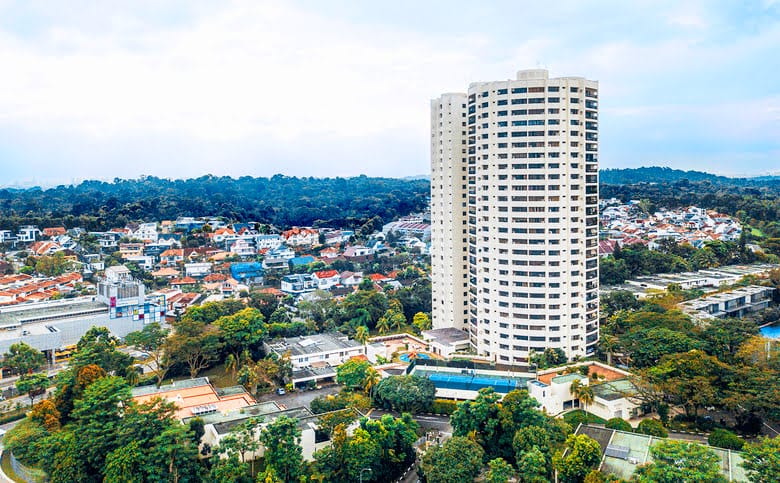
Updating the title deed after acquiring it is an important step that shouldn’t be ignored or delayed, as the title deed serves as a proof of ownership and provides protection against possible legal issues from previous owners.
- Obtain the Updated Title Deed:
Once the update is complete, the new title deed serves as proof of ownership.
Legal and Tax Implications for Foreign Investors
Foreigners face additional regulations and taxes when purchasing property in Singapore.
Foreign buyers are subject to a 15% ABSD on property purchases. This tax is designed to curb speculative buying and stabilize property prices.
Foreign property owners also face higher annual property tax rates compared to locals.
For non-owner-occupied properties, the tax rate can go up to 20% of the property’s annual value, with an additional surcharge for foreign owners.
Restrictions on Landed Properties
Foreigners require government approval to purchase landed properties in Singapore, such as houses and bungalows.
This approval process is stringent and often requires a substantial financial investment in Singapore’s economy.
Common Pitfalls and How to Avoid Them
Investing in Singapore’s property market can be rewarding, but it’s not without risks. Here are some common pitfalls and how to avoid them:
- Failing to Verify the Title Deed:
Always conduct a thorough title search and engage a lawyer to verify the deed’s authenticity.
- Overlooking Additional Costs:
Factor in taxes, legal fees, and maintenance costs when calculating your investment.
- Ignoring Zoning Laws:
Check the property’s zoning laws and land use restrictions through the Urban Redevelopment Authority (URA) to ensure it aligns with your intended use.
- Rushing the Process:
Take the time to conduct due diligence and avoid deals that seem too good to be true.

